There’s no question that over the course of the past decade, social media has become an essential part of our lives. Whether it’s Facebook and X (formerly Twitter) for middle-aged adults, or TikTok and Snapchat for teenagers, there’s a platform for everyone. Over 60% of the world’s population uses social media and 90% of people that use the Internet at all have social media, according to Smart Insights.
People use these apps to share their lives and connect with friends and family, no matter how far apart they may be. Although connection is at the center of platforms like Instagram, it isn’t always the only effect. Personally, I found that I quickly became addicted to mindlessly scrolling through my feed and checking to see if anyone had liked my posts. My screen time climbed higher and higher until I was clocking in at five or six hours a day. Instead of feeling connected with people, I felt lonelier and more depressed than before. Rather than using the platforms to talk with friends, I spent my time just watching videos and worrying about my next post.
It was reasons like these that made me decide to delete most of my social media, starting with Snapchat and later X, TikTok and Instagram.
The first couple of weeks without these apps were difficult, as it can be after any sudden change in lifestyle or routine. I found myself stuck in a cycle of deleting and redownloading them, constantly itching for the instant gratification that I got from scrolling through TikToks and Instagram reels. Watching short-form content for hours had become the only thing that could entertain me when everything else felt dull.
At some points in this process, I had to physically place my phone into my closet, an empty shoebox or some other inaccessible spot while I figured out what else I could do with my free time.
Initially, that meant sitting in my desk chair and staring into space trying to think of ideas. The answer was usually something along the lines of Wow I’d really love to scroll through TikTok right now, but unfortunately for me, that was the one thing I couldn’t do. The first week alone was enough to make me want to quit the idea altogether.
As the days went by, though, I was slowly able to regain my interest in old hobbies that had fallen to the wayside in recent years. I started drawing and reading books again, and I slowly replaced the immediate gratification of watching TikToks or scrolling through my Instagram feed with the satisfaction of finishing a novel or creating a piece of art. I finally had something other than eyestrain to show for my hours of work and focus.
The longer that I went without social media, the happier I felt. I was more in touch with my own feelings and the world around me. I started going on walks, listening to more music, and caring for the space I live in. In addition to that, though, I noticed that the less I consumed, the more I was able to create.
Painting, writing, baking, dancing, performing… As soon as I was able to put down my phone, the world expanded around me. Even now, I feel like there’s an endless amount of things to do with the time I have each day.
For me, deleting those apps was the best decision I’ve made for myself in a long time.
Now, all of that isn’t to say that I think social media has no benefits whatsoever and is a plague upon Earth. There are a lot of great things about social media that I continue to miss about it to this day, and a lot of things to consider before going on a purge.
One of the biggest examples is that there are a lot of jokes and references that start on social media (especially TikTok) that I no longer understand because I don’t have any of the platforms they originate on. Usually, this means I have to repeatedly ask one of my friends what a particular word or reference means. While it isn’t usually a big deal, it can get a little annoying after doing it many times, and you will have to learn how to get used to missing out on certain trends and inside jokes.
On a larger scale, though, deleting all of your social media does mean that you’ll have to get used to spending more time with your own thoughts. Without the short-form content and overstimulating colors of the platforms, you’ll need to find some other ways to occupy your time. For me, as stated before, that was reading and drawing. But there are a million other options if neither of those are your cup of tea.
Playing sports, gardening, cooking, journaling, playing instruments… even building LEGOs or taking care of a sourdough starter. There is so much to do in this world, with only a fraction involving screens. Just start trying things and sooner or later, you’re bound to find something you love doing. Inviting friends to join you is an especially great way to get into hobbies.
Speaking of friends, another thing to take into consideration when thinking about deleting your social media is the amount of effort you want to put into your friendships. When you spend a lot of time on social media, you can get used to talking with many of your friendly acquaintances, or, to use an online term, mutuals. By this, I mean people that you’re friends with online (as in, they follow you and you follow them back) but don’t really text or talk to much in person. You’re probably used to talking to them mostly through DMs or comments on each other’s posts, so if you delete the app that you usually talk to them on, that friendship might fall to the wayside.
Although it’s always sad to stop talking to people you like, I find comfort in the fact that while I do talk less to those friendly acquaintances, I’ve become a lot closer with the friends I talk to and see often, who are now some of my best friends. A saying that you probably hear often is “quality over quantity,” and I find it to be absolutely true in the case of friendships. Ever since I’ve been focusing on forging real connections with the people in my life rather than having a dozen surface-level conversations with mutuals, I’ve felt more fulfilled than ever before and am the happiest I’ve ever been with my relationships.
This isn’t to undermine the effect that deleting social media will have on your friendships, but a reminder that people can come in and out of your lives all the time, and that the best ones likely won’t be affected by your social media communication or lack thereof.
Just keep in mind that without social media, you may have to put more effort into staying close with your friends. For example, instead of sending a reel or a TikTok, you can text or call them and ask to hangout at some point to catch up. In my opinion, the work is always worth it, but everyone has their own beliefs and expectations, so communication is important!
I’m not trying to tell you that you have to delete all of your social media platforms to become a happier person. As long as you consume content mindfully and remember to dedicate time to non-screen activities, social media can be a great addition to your life.
TikTok can be a place to find advice, recipes, helpful tips and videos to make you laugh. Instagram is great for posting photos of yourself and your friends and seeing what people you know are up to. Every platform has its benefits, just like they all have their own downsides. It’s up to your judgement to decide which ones are worth it for you and which ones aren’t.
For me personally, none of them were worth it, but your answer doesn’t have to be the same. In fact, my answer might not be the same in a year or a couple of months. Do whatever you feel comfortable with and think is best for your lifestyle and mental health. Whether that means deleting all of your social medias, keeping all of them or something in-between is entirely up to you.


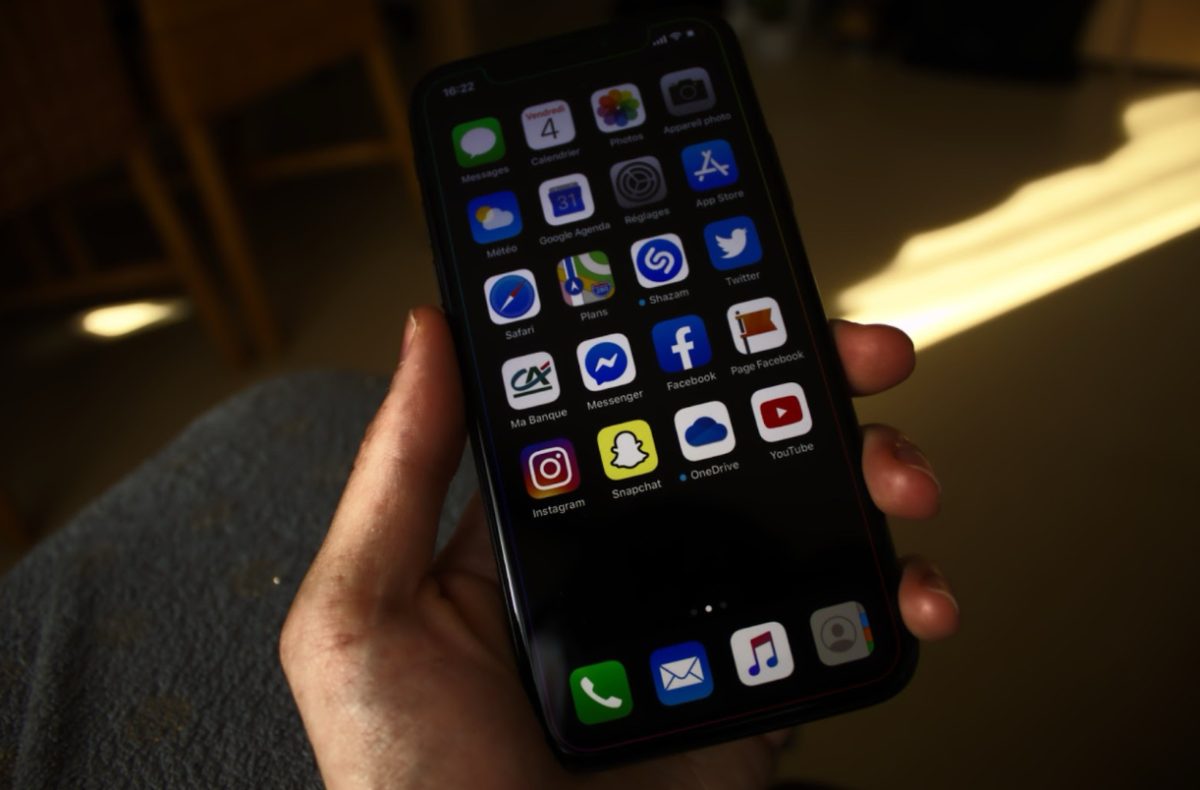
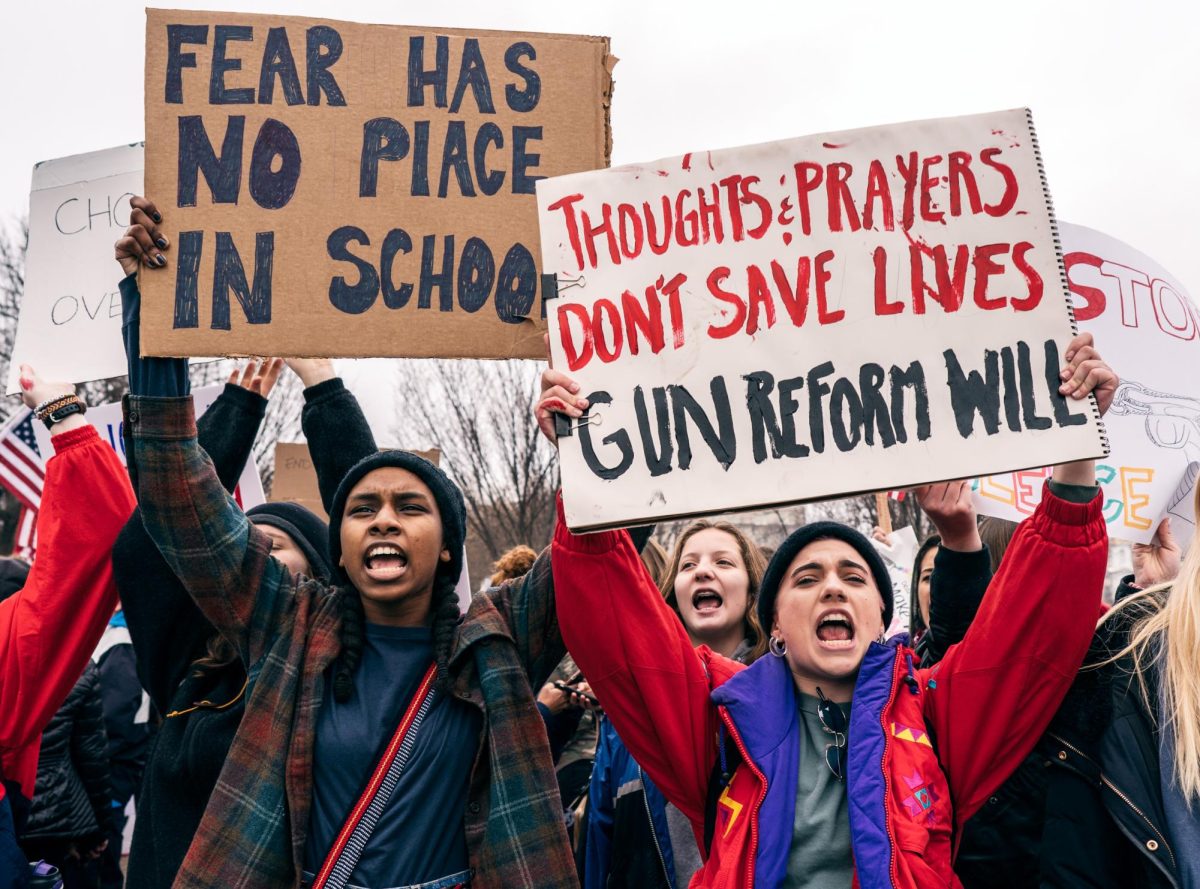
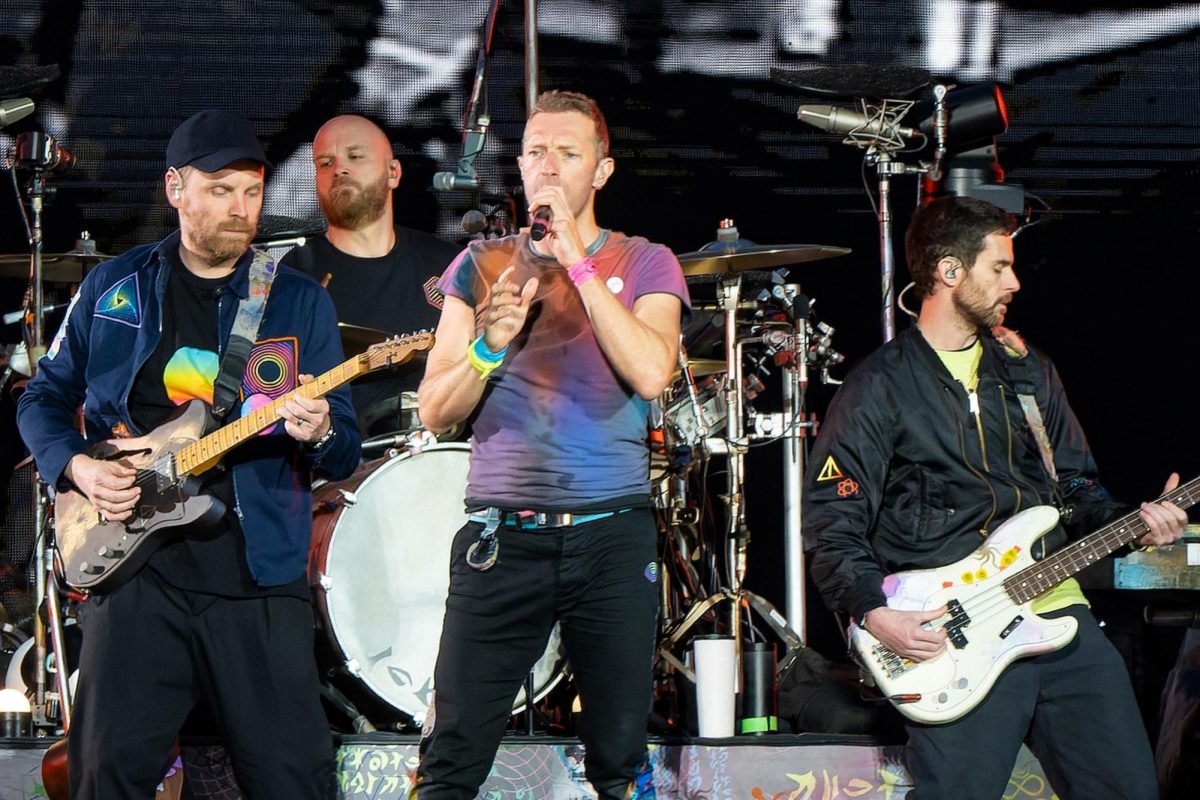
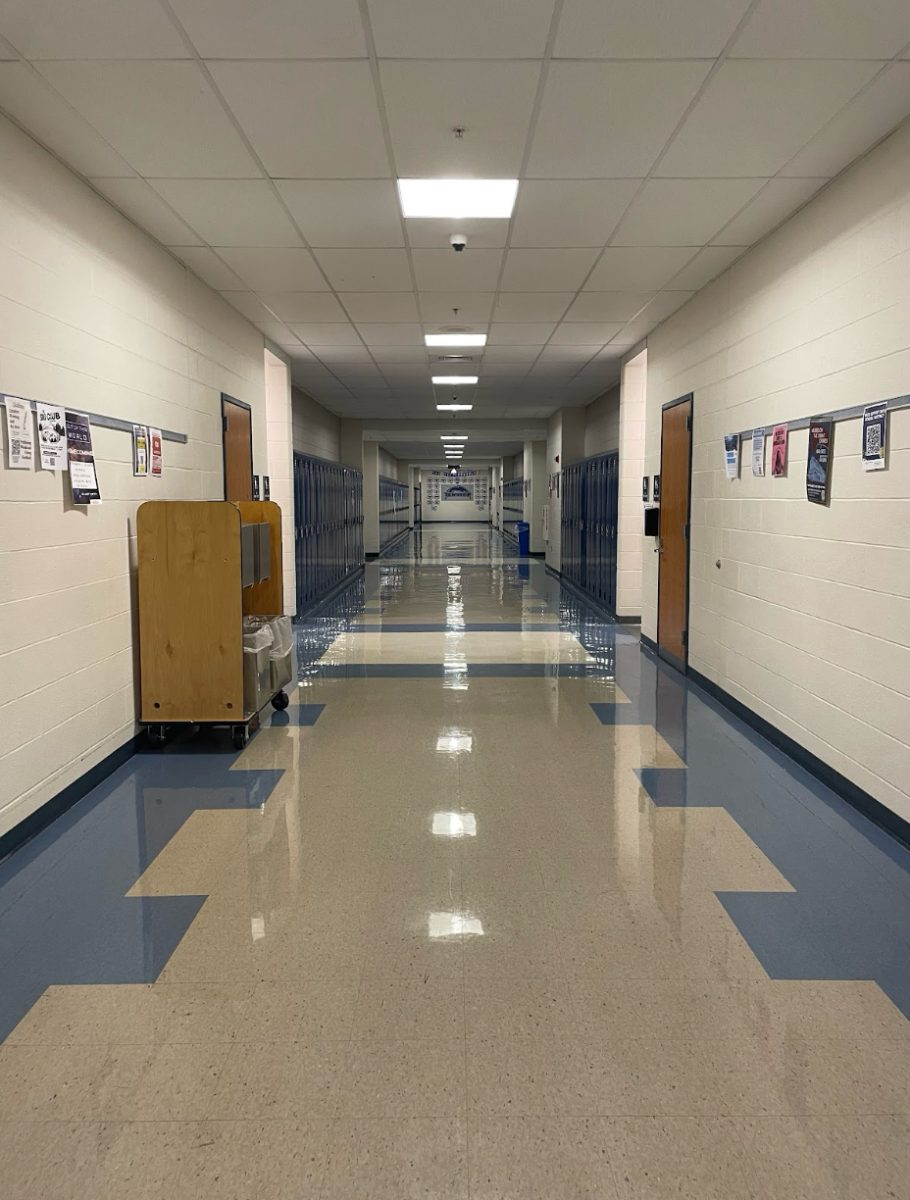
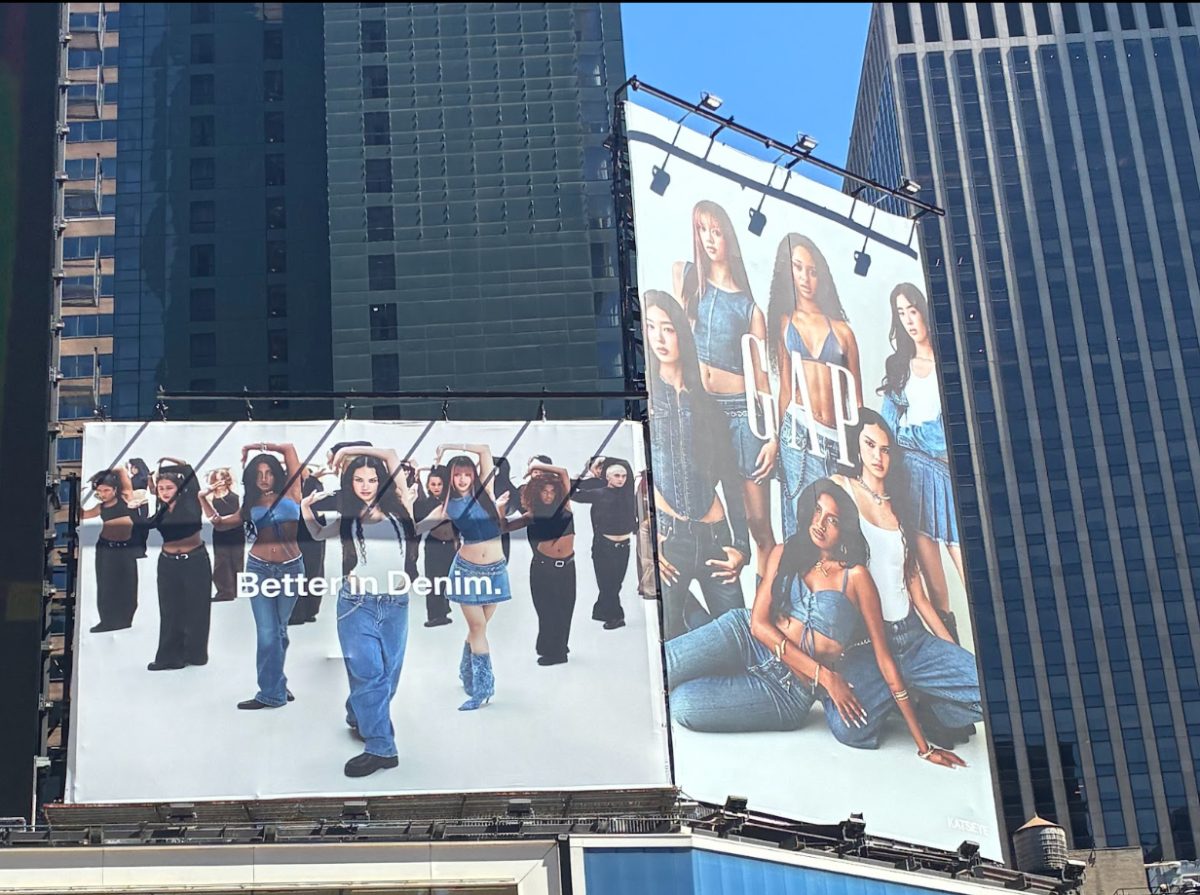
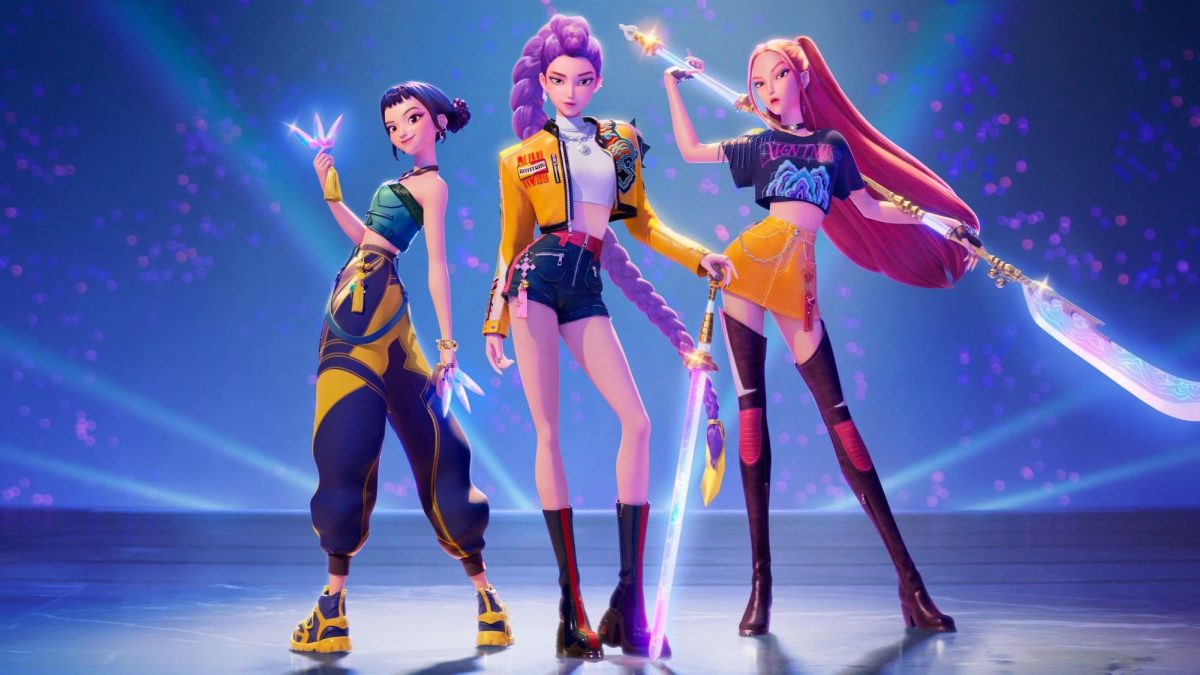
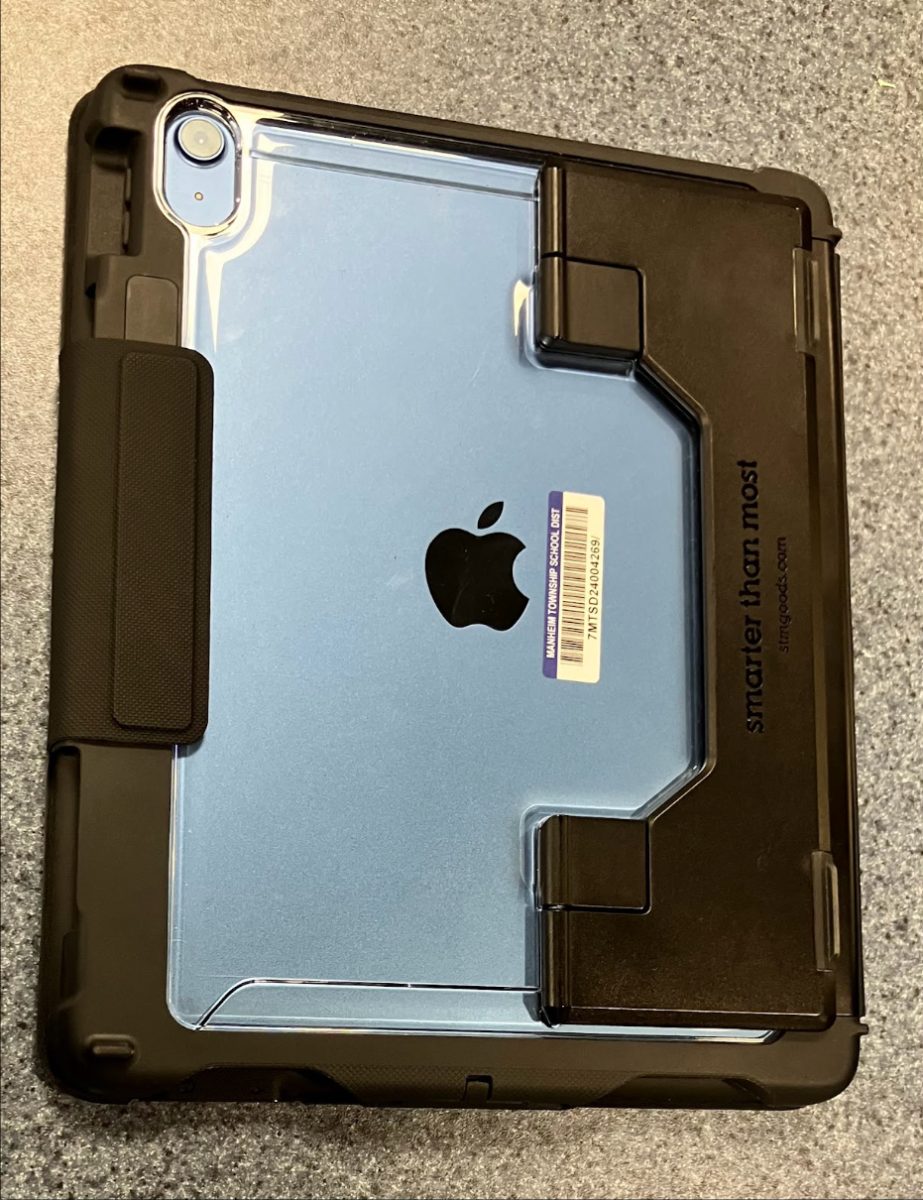

Uncle matt • Feb 26, 2025 at 9:08 pm
Awesome awesome Maya! Soooo true!